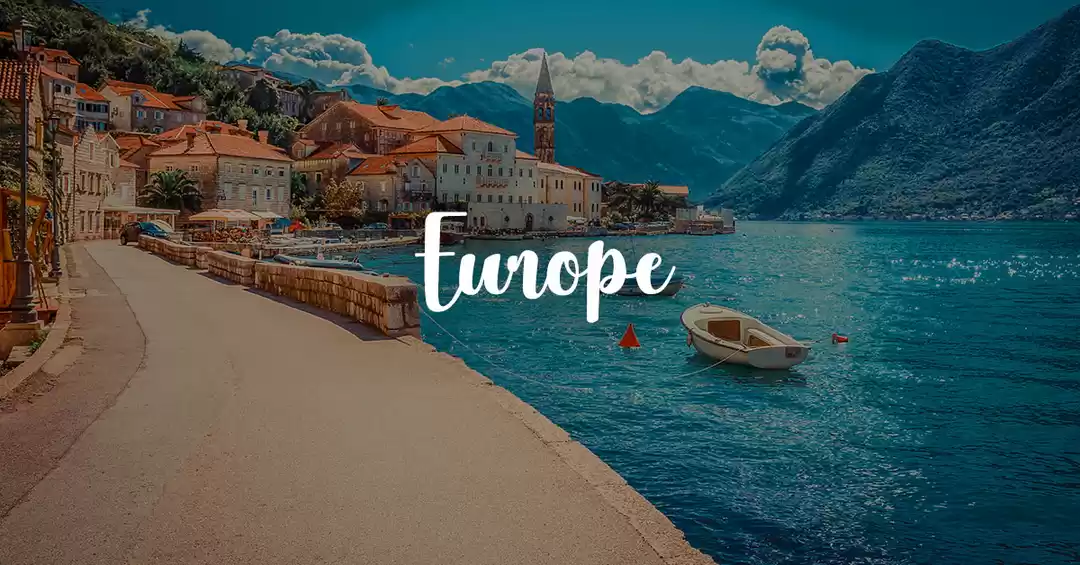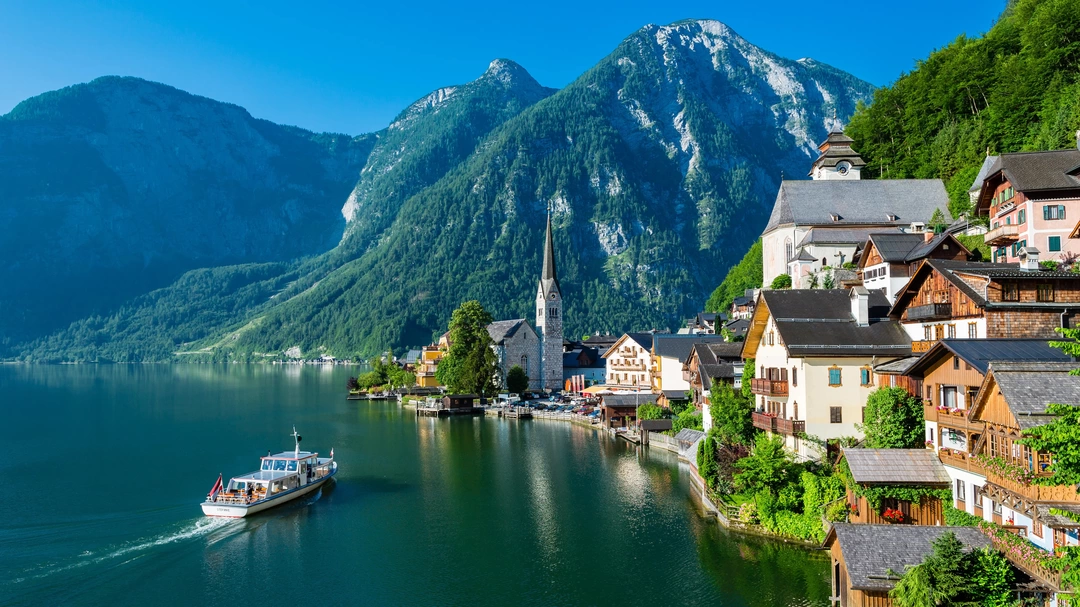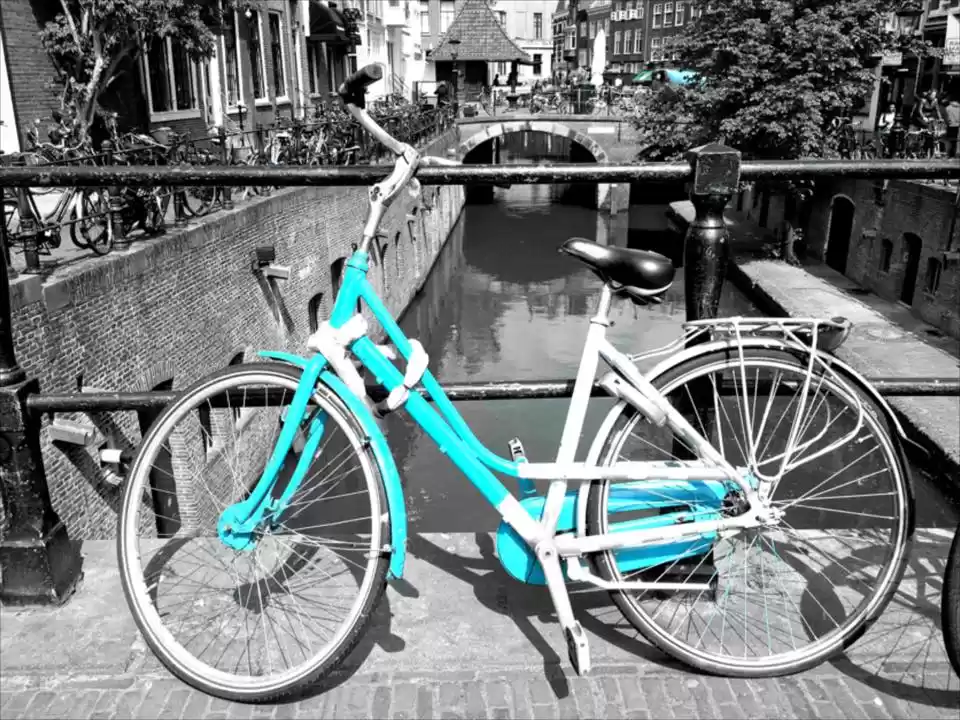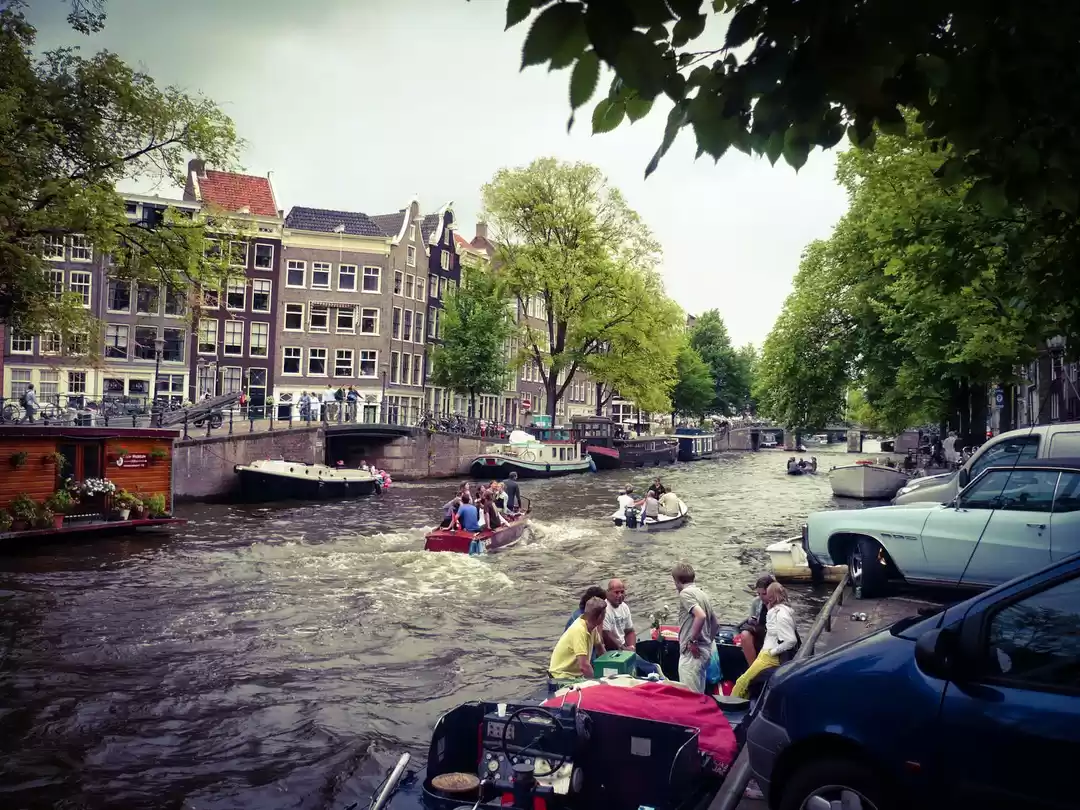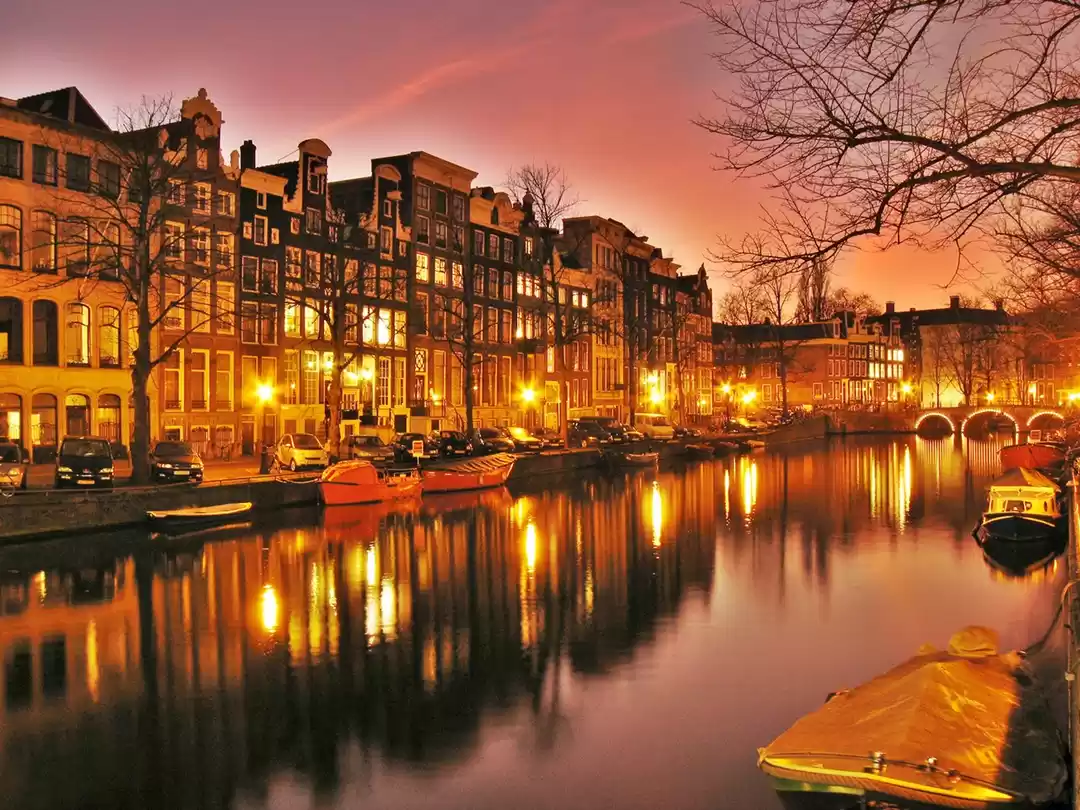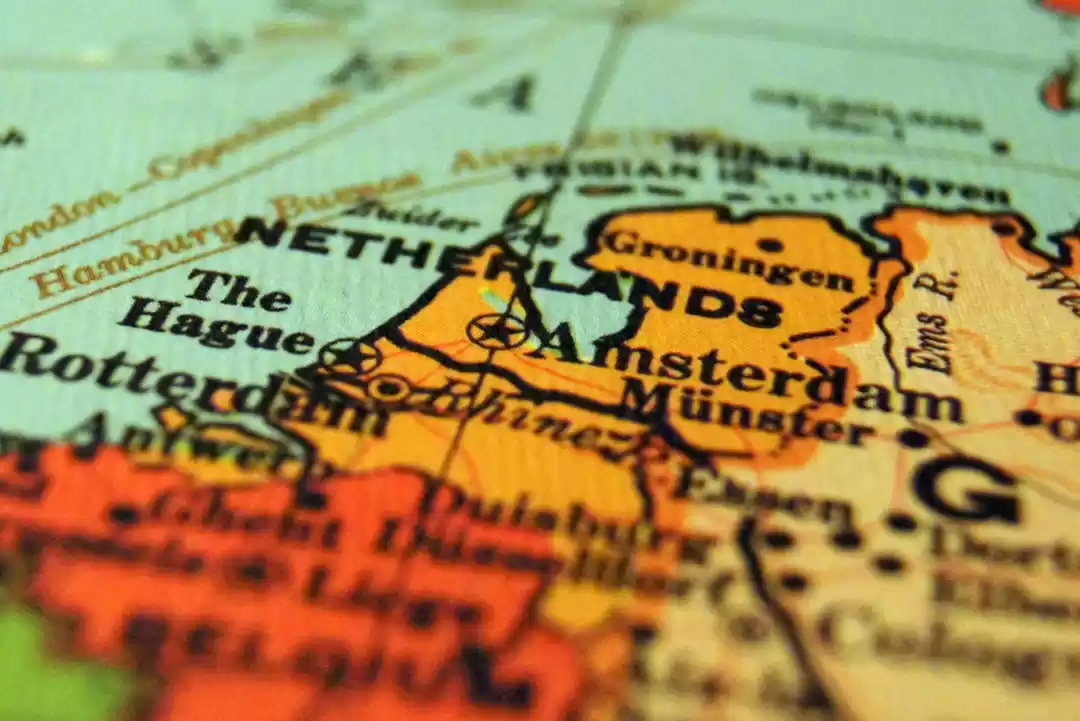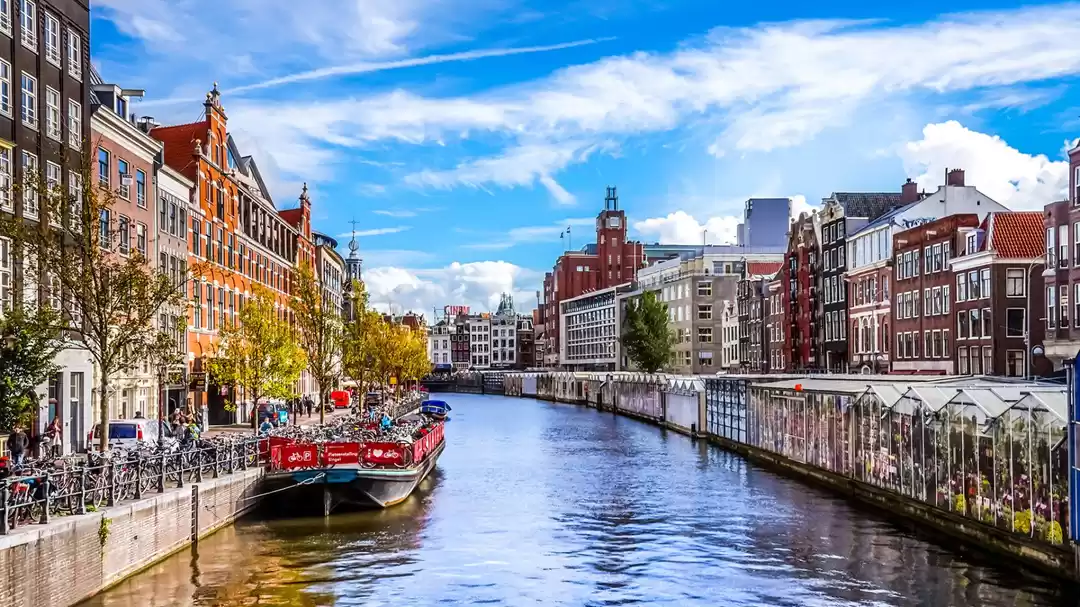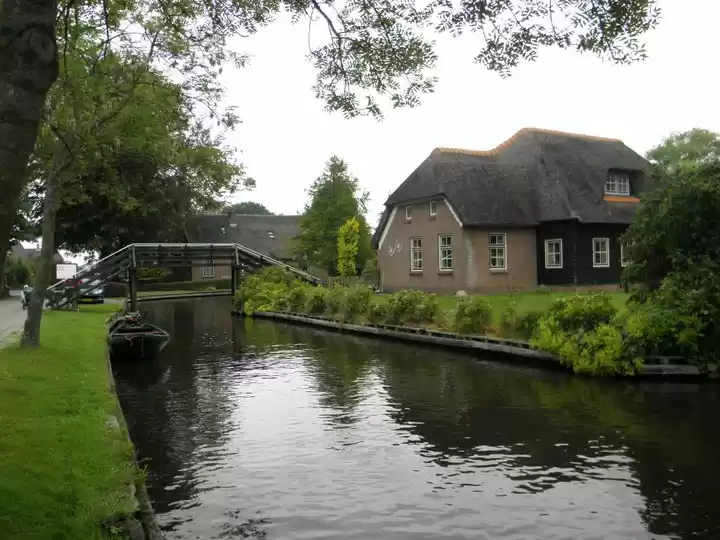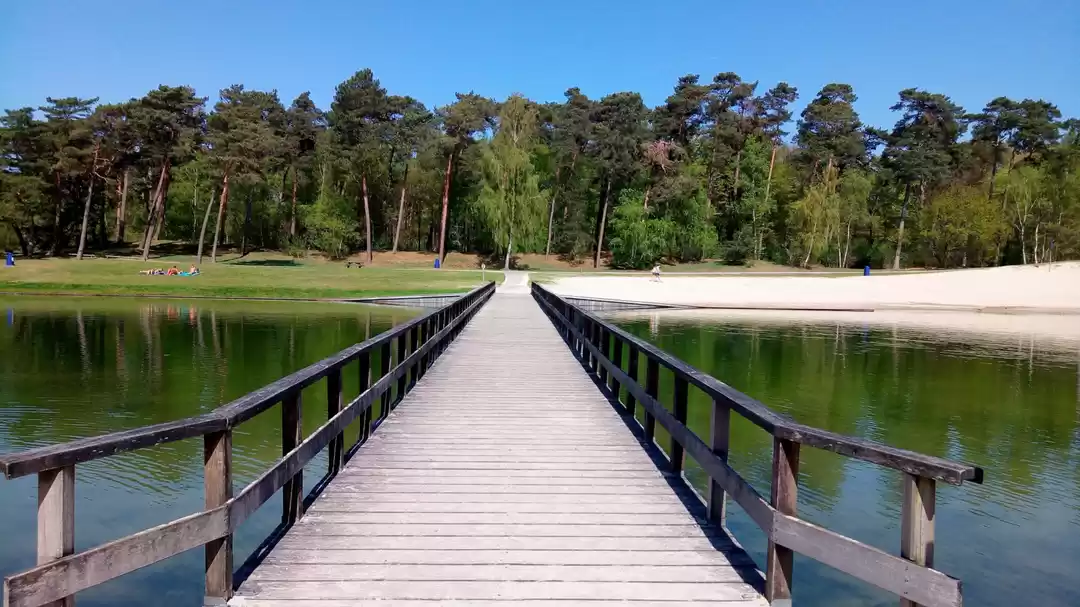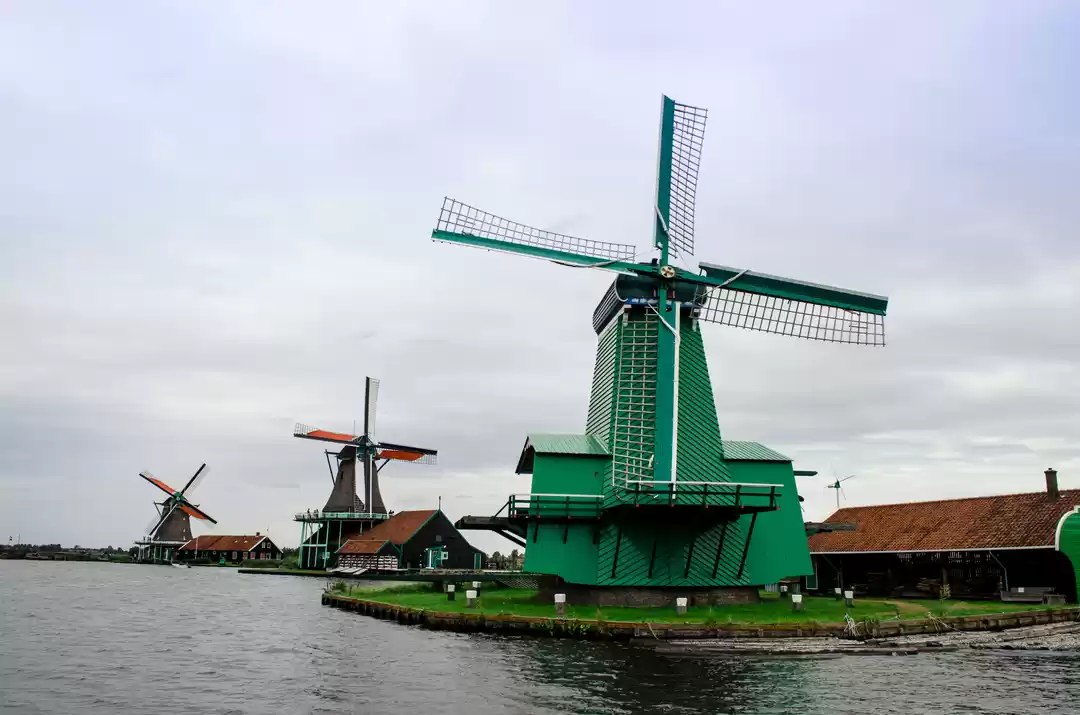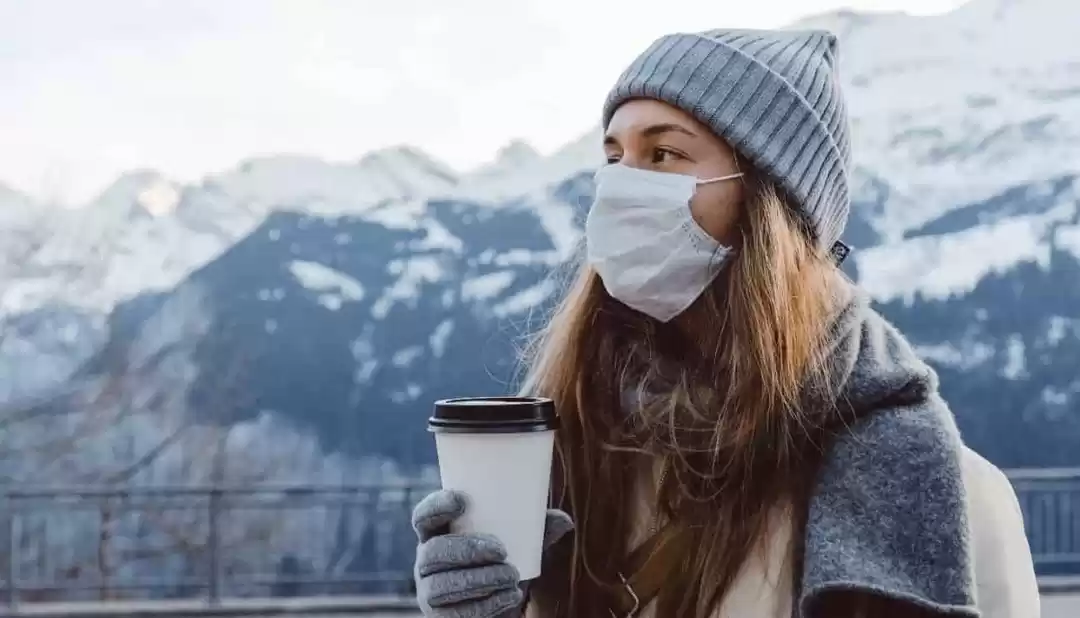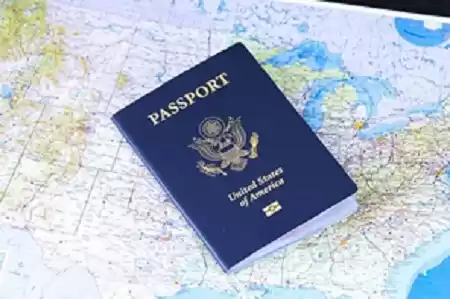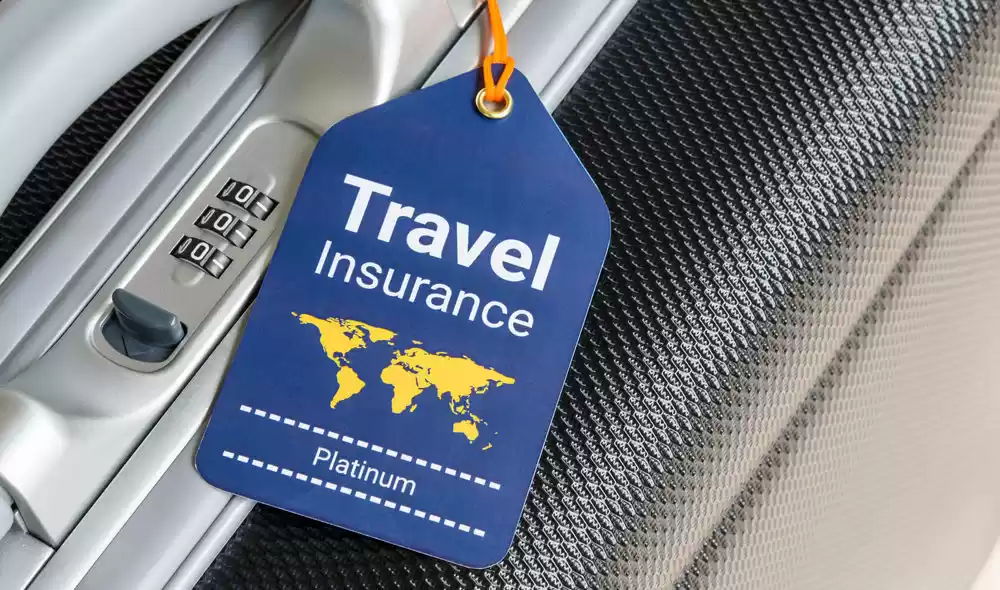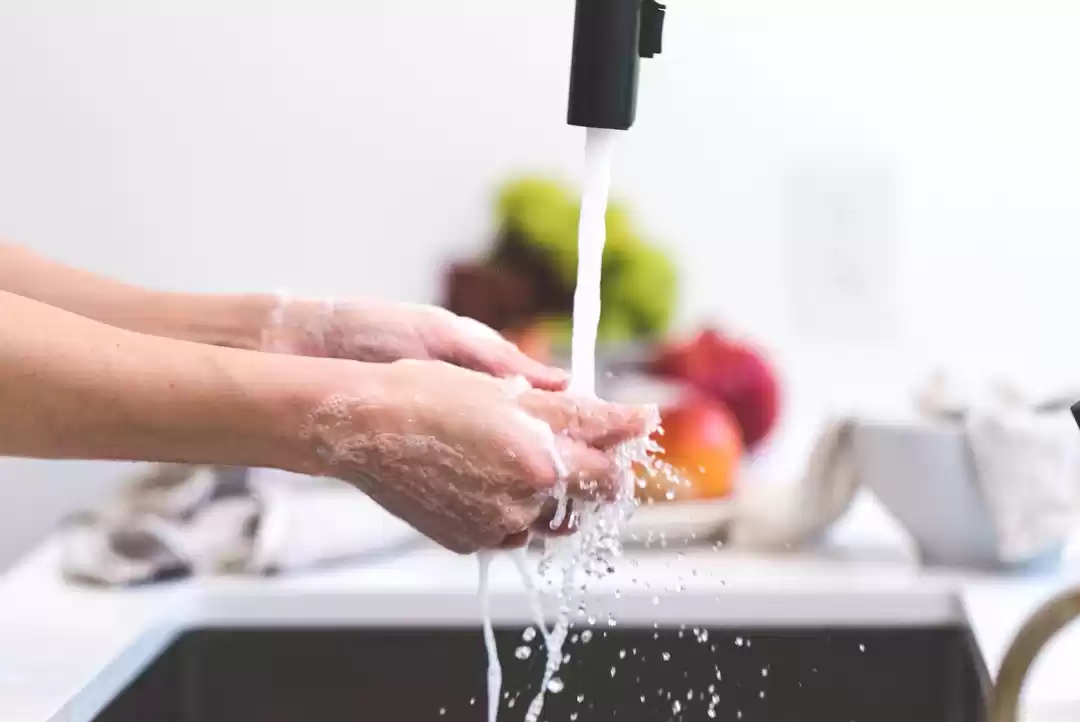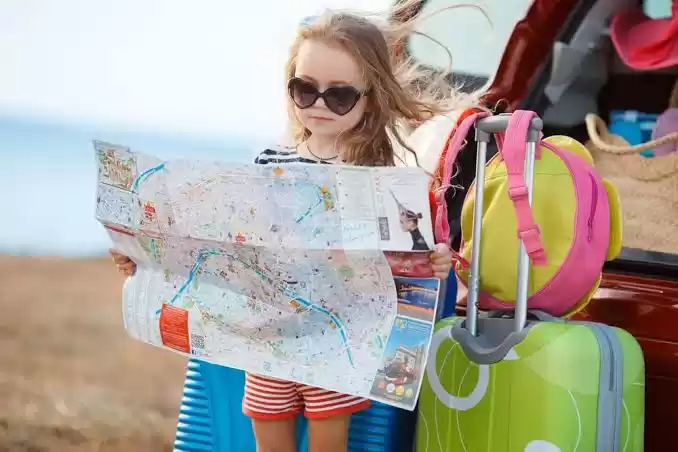
So, I traveled last week. For non-essential purposes.
I spent the last few days in a gorgeous German island in the Baltic sea, taking long walks along the beach and riding my bike through winding trails in the lush national park in Rügen. It wasn't bad and I'm not complaining * does a little jig *
Honestly, I only traveled because it was possible and "safe", whatever new meaning that word might have in COVID times. The situation in Germany has gotten significantly better, everything has pretty much opened up, the number of daily new cases has dropped below 400. Given that we live here, we thought it's best to travel within the country and this was a great opportunity to drive up to the north of Germany, which is spectacular by the way. Also, it was my birthday, so I just went with it 😉

It was a short visit but I did come to observe some interesting truths about traveling during this period. For example:
- Travel is happening. Despite the restrictions still being in place, things are starting to pick up again. Restaurants, museums, exhibitions and galleries are opening for domestic and local travel. The borders (at least in the EU) are now open. Some countries are also accepting international tourists.
- Some people will floor you with their insistence on cleanliness and hygiene. Some other people can be surprisingly lax. They'll walk right up to you sans mask and talk like you're best buddies. This is also a downside to travel. While it's great to meet people from different walks of life, have accidental conversations, and widen your world view, traveling during COVID-19 comes with the massive caveat of social distancing. So if people don't respect the rules around distance and mask-wearing, it is not rude to gently remind them. Ya feel me?
- Did I mention mask-wearing? Yes, that's how we gotta roll. One of the most conspicuous COVID realities is the normalization of wearing masks. Everyone's got to wear them, and all the more when we travel. It is weird to see mask-clad faces wielding grocery bags instead of guns (sad that the latter seems more 'normal'... sheesh, WHAT IS THIS WORLD WE LIVE IN?!). But yeah, we've just got to get used to masks. Masks are the new phones. Or wallets. Or whatever essential item you can't leave the house without.
10 Travel Tips During the Coronavirus Pandemic
Here are 10 pieces of travel advice from my experience. Consider this my effort at bracing you for the evolving nature of travel as I witnessed first hand, because this IS our new normal. Perhaps travel is already allowed where you are. If it isn't, it's a matter of time before it will be. So it's best that we make the most of these new circumstances.
1. Ensure You are Not Infected.
The absolute foremost thing to do is to confirm you're not carrying the virus. If you can get yourself tested, do it. In many parts of the world, tests are increasingly becoming more accessible.
If getting tested isn't viable, or if you haven't had much in-person interaction in general for the last two weeks, you don't need to get tested. However, be on the lookout for obvious symptoms (cold, fever, dry cough, shortness of breath, etc.). The CDC lists possible symptoms of the Coronavirus on their website.
Or if you've been in close contact with an infected person recently, avoid traveling by all means.
Understand that travel is a massive privilege, and the least we can do is to ensure we don't go trotting around the globe carrying the virus and putting others' lives at risk.

2. Get Travel Insurance.
Investing in a good travel insurance policy is mandatory regardless of whether you're traveling during a pandemic or otherwise. But it becomes even more relevant in these times, because your current insurance might not cover potential issues that arise during your travel.
Make sure you buy insurance which gives you coverage against all scenarios. If you're already insured, visit the company website or contact their support to identify if they have introduced any new terms to address the pandemic. One great way of doing this is to go through the policy online, hit CTRL+F function and search for words like "Coronavirus", "pandemic", "COVID".

Protip: Very often, your credit card company might be offering travel insurance if you book with the card. A lot of people don't know this. Check with your credit card provider first to see if they have travel insurance included.
3. Check the Official Guidelines for Your Destination and Place of Origin.
Wherever you are headed from and to, first check instructions from the relevant government authorities.
There are a lot of rules around entry requirements, safety and more. These rules are also constantly being updated and, often, changed.
It's best to do thorough research and go prepared. Most likely, the country your destination is in will have a website that you can refer to (or you can check their embassy website). The rules might also apply differently to different nationalities.
Another thing is that if you travel against the official guidelines, your insurance provider will not be obligated to extend cover.
[You Might Like: 10 Ways to Indulge Your Wanderlust During the Pandemic]
4. Travel Domestically.
Unless international travel is mandatory for you at this point, avoid making cross-border journeys.
Like I said, the rules for entry to different places depend on the situation, which is pretty dynamic. Until last week, Spain was open to tourists. Now, there's a local lockdown in Galicia. So, you never know.
If you're traveling abroad and restrictions kick into effect again, be it in your home country or travel destination, you'll get locked. Of course, you won't be stuck forever but it'll cause you completely avoidable hassle.

5. Don't Plan Long Journeys/Stays.
Slow travel has its time, but not amidst a pandemic.
In the present situation, weekend getaways and day trips might be our best bet. Again, if things go south and national emergencies come into effect again, it will be much easier (and less expensive) for you to head back home.
Besides, with slow travel you'll also be increasing your exposure over a longer period. More days outside = increased risk of infection.
I understand this is counter-intuitive to traveling in the first place. You will run the risk of getting infected anyway. But longer exposure can increase the possibility of person-to-person infection or accidentally touching your face (which is something we're all exceptionally good at. It's a rare talent.)
Also, you'll be surprised at how much there might be to see closer to home. Let's take this time to explore the little gems in our backyard. Not to mention, we'll be helping our local communities to make some money.
6. Book Refundable.
It's important that you make free cancelation/changeable bookings for everything, from flights and hotels to attractions. These are unprecedented times (and while I know that phrase has been done to death, it is true). It might seem that things have stabilized where you are or where you're traveling to, but the situation can flip at any time. You might not be able to travel eventually (for whatever reason).
If you book everything on the refundable option, you'll buy more time to be absolutely sure you can travel, as you approach the departure date. It might cost you a tad more but the mental peace justifies the premium.
7. Carry Your Own Supplies.
Make sure you have all the necessary items to ensure exceptional hygiene. This doesn't just include disinfectant but also handy food items.
Some of the things you must carry if you travel during COVID-19:
Sanitizer (tons of it), keep one in your car, at your accommodation and in your bag; alcohol wipes; face masks (duh!); tissues; toothpicks (for pushing buttons on elevators or at the ATM); polythene bags to put your devices and documents in, while passing through security check at the airport; ready-to-eat meals; an iron will to distance yourself from people.
Another important tip is to keep scanned copies of tickets, boarding passes (if applicable), hotel bookings, etc. on your phone. This will help you minimize contact. Also carry a pen for any potential paperwork involved.
The idea is to reduce any and all foreign contact possible.

[You Might Like: 50 Self Care Ideas to Practice in These Times]
8. Avoid Flights and Public Transport.
I understand that this may not be possible 100% of the time. Or there might be a chance you're having to travel for unavoidable reasons.
Airports, especially, can be soaring Petri dishes for the virus. And it's not really only about being strapped next to an infected person in a metal canister; the biggest risk of infection presents itself in check-in and security queues, any sort of counters, and at the boarding gate.
That being said, airports and airlines are being extremely conscious about hygiene and distancing rules. Intensive cleaning, increased hand-sanitizer availability, vacant middle seats, and mandatory face-covering are a few examples of the steps being taken. If you really must catch a flight, make sure you take every conceivable precaution - stuff like putting your phone in a plastic bag while going through security, sanitizing your seat on the plane, and wearing the damn mask all the time, can go a long way.
Research says that people who have recently ridden a bus are six times more likely to catch an infection. Public transport can be as risky as flights or perhaps even more, given that the minimum distance and disinfection rules are not applied as stringently.
This is also why traveling shorter distances over shorter periods might be better. If you can, drive to your destination. Road trips are super fun and you're (relatively) safer for the duration of the journey. You can also rent a car - RentalCars offers great deals - but make sure you clean up the door handles and other surfaces before heading out.

9. Choose Your Accommodation Wisely.
If you are going to stay at your destination overnight, be conscious about where you choose to stay.
At this point, chain hotels and apartments might be a safer bet. Both of these have their upsides.
An apartment comes with a kitchenette, which means you won't have to go out for three meals, not to mention the hunger pangs that manage to strike at bizarrely odd times when we're traveling. You can do some low-key cooking, which will reduce the risk of you sitting in a restaurant and potentially getting infected.
Chain hotels, on the other hand, are more likely to R-E-A-L-L-Y clean the crap out of the room before you check-in. In light of current events, many hotel groups have introduced special cleanliness programs to ensure a stress-free, hygienic stay - for example, "Clean Promise" by IHG, and "CleanStay" by Hilton, etc.
So it's going to be a trade-off between having a kitchen and a cleanliness promise backed by a reputed hotel chain. You decide what you pick, based on your priorities and length of stay. Booking.com has tons of affordable options for both.
However, I do feel that it's best to avoid staying in hostels/homestays/airbnbs at this point. Of course, things will change with time and we'll be able to book a dorm bed in a hostel in downtown Amsterdam soon enough, but perhaps it's best to wait for a tad before we do that.
10. Be Obsessive about Hygiene.
All said and done, it is possible that we get infected even at the supermarket or in the park. The risk really begins the second we step outside our houses, even if it is to buy bread.
The degree of risk can vary, of course, depending on what we do. But if we are particular about hygiene, we should mostly be fine.

Of course you have to consider restrictions around travel, and the number of daily new infections in your home and destination city. It has to be a subjective call.





